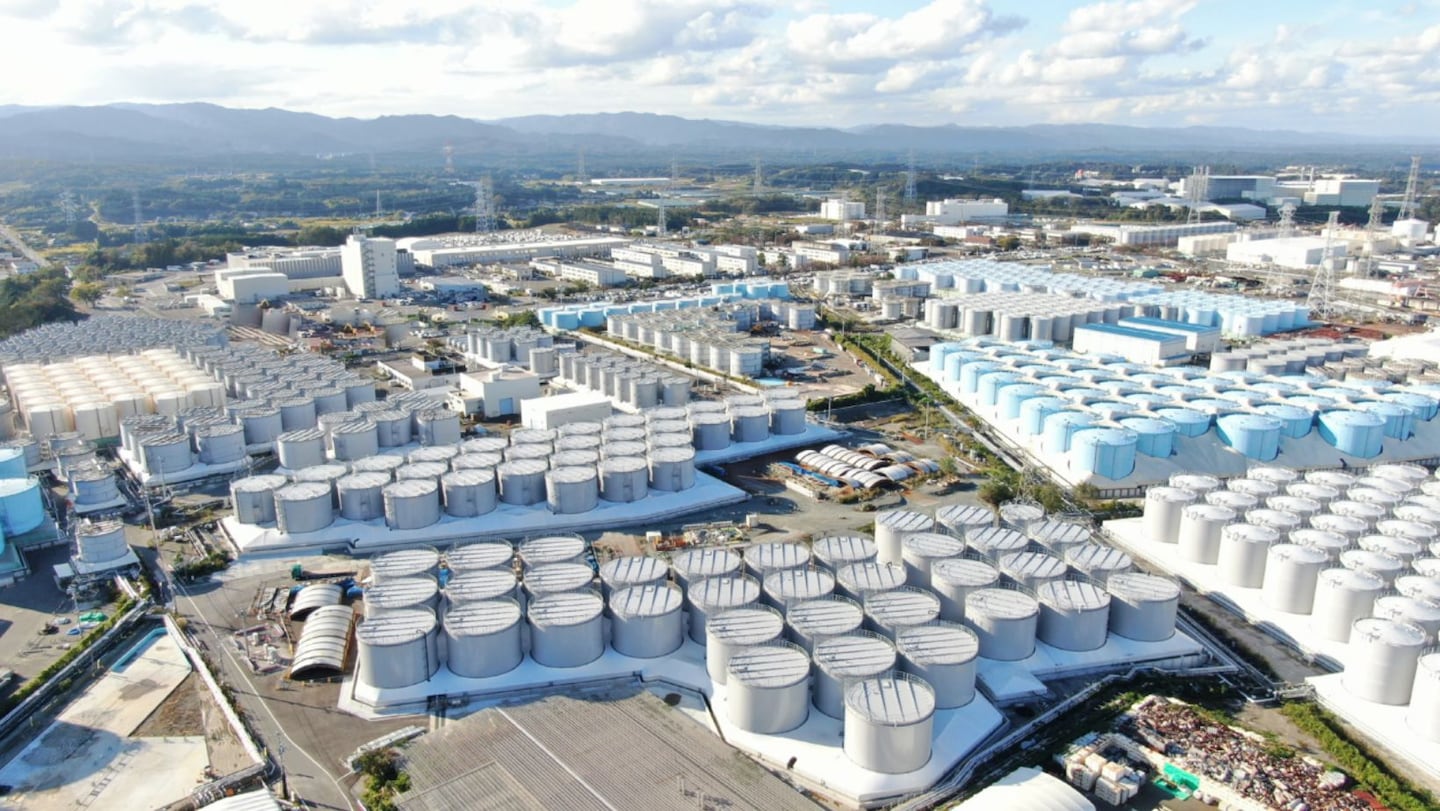In a significant development, Japan has begun the controlled release of treated radioactive water from the tsunami-stricken Fukushima nuclear plant into the Pacific Ocean.
This decision stems from the aftermath of the 2011 earthquake in Japan, which led to the flood of three reactors at the Fukushima Daiichi Nuclear Power Plant, making containment a challenge.
The announcement triggered Fiji Prime Minister Sitiveni Rabuka to express his careful approach to understanding the matter’s details.
“I know some of you have been concerned about the Japanese plans to discharge water from the damaged Fukushima Nuclear plant into our blue Pacific Ocean.
I have made it my business as a Pacific Island leader to carefully study the information and data on that matter,” Rabuka said.

Approximately 1.34 million tonnes of nuclear waste water are slated to be released into the Pacific Ocean, an amount equivalent to filling 500 Olympic-sized swimming pools.
However, not everyone is in agreement with this decision. Dr Marco De Jong, a nuclear power and climate change activist, voiced strong opposition.
“The suggestion that we are approaching this anti-scientifically actually is a supreme form of colonial gas lighting,” De Jong argued.
He highlighted concerns about transboundary harm and radiation safety.
Addressing apprehensions, the International Atomic Energy Agency conducted a comprehensive safety review.
Its officials concluded that the treated wastewater posed no threat to the Pacific Ocean ecosystem.
The gradual release of the treated water over the course of 30-40 years into the Pacific Ocean marks a significant step in managing the aftermath of the Fukushima disaster.
The decision received a nod of support from Fiji’s Prime Minister Rabuka, who stated “Japan has been a close friend of Fiji and a Pacific nation. I’m satisfied that Japan has demonstrated its commitment to satisfy the wishes of Pacific Island states.”

The decision has garnered mixed reactions, with both global climate activists and neighbouring countries expressing concern.
Japan’s decision to go ahead came after approval was given by the United Nations’ nuclear watchdog.
The UN decision - and Rabuka’s - were made in July.
De Jong responded to the situation, acknowledging differing viewpoints within Fiji but anticipating protests in Suva.

